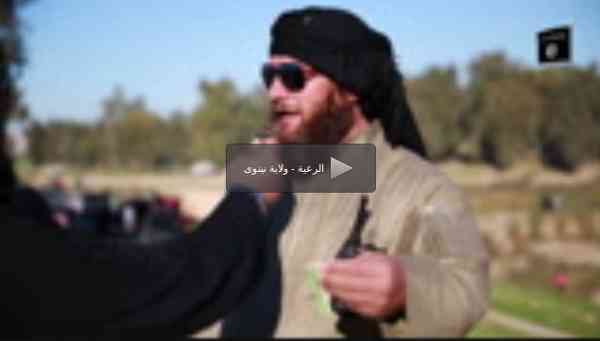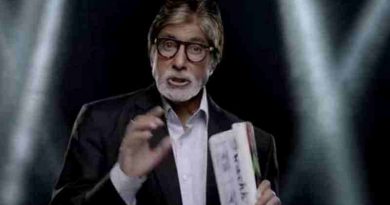President Obama Marks the 50th Anniversary of ‘Bloody Sunday’

On March 7, 1965, thousands of ordinary people took to the streets of Selma – a gateway to Alabama’s Black Belt region – to march for voting rights.
Reverend Hosea Williams and John Lewis stepped from the pulpit of Brown Chapel Church and led a group of 600 toward Montgomery.
After just six blocks, when they crossed the now infamous Edmund Pettus Bridge over the Alabama River, Sheriff Jimmy Clark’s deputies and state troopers dispatched by Gov. Wallace attacked the group with nightsticks and tear gas, injuring dozens.
The violence stopped the marchers’ first attempt, but they would not be silenced or stopped for good. The event came to be known as “Bloody Sunday.”
[ New PSAs Feature Footage from the Film SELMA ]
Two weeks later, under the protection of Alabama National Guardsmen and Army troops, Dr. Martin Luther King Jr. set off again from Selma and marched along U.S. Hwy. 80 to the capital city.
To mark the 50th anniversary of the marches from Selma to Montgomery, on Saturday, President Obama and the First Family joined thousands of Americans at the foot of the Edmund Pettus Bridge in Selma, Alabama, to honor the sacrifice and bravery of the men and women who bled there, on that very pavement exactly 50 years ago.
[ No Democracy in India. It Is Parliamentary Dictatorship. ]
Many of those original “foot soldiers” joined Obama, including Congressman John Lewis, who helped to organize the first march over this bridge in 1965, who endured a tragic beating on that “Bloody Sunday,” and who strode arm in arm with the President of the United States.
As President Obama put it, the lesson of Selma isn’t an outlier of the American experience:
“[Selma] is instead the manifestation of a creed written into our founding documents: ‘We the People…in order to form a more perfect union.’ ‘We hold these truths to be self-evident, that all men are created equal.’”
“These are not just words,” he said. “They’re a living thing, a call to action, a roadmap for citizenship and an insistence in the capacity of free men and women to shape our own destiny.”





